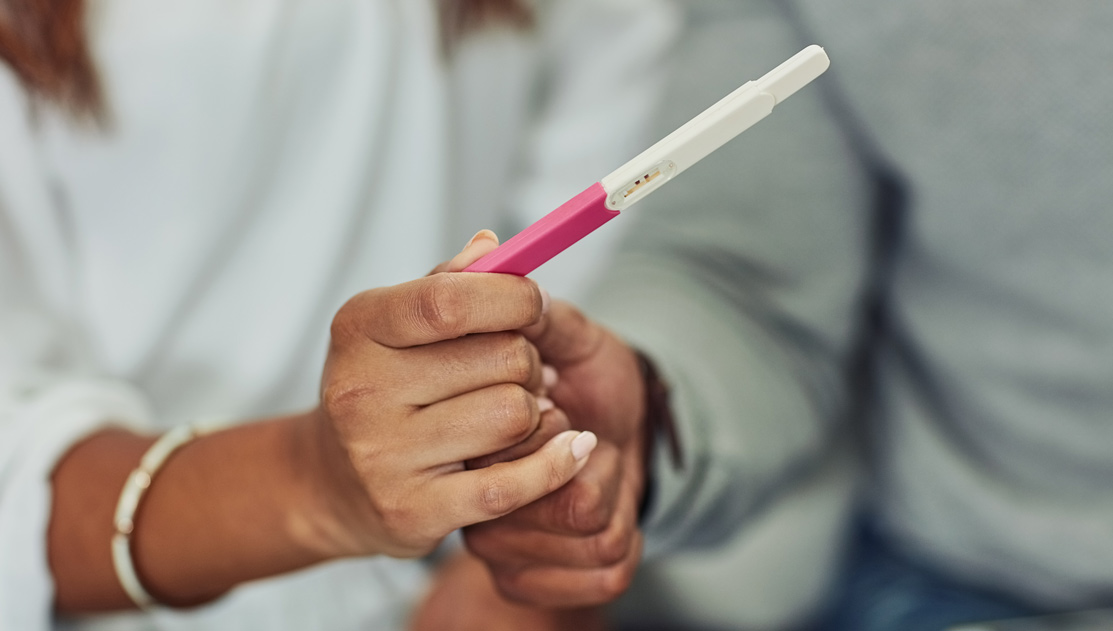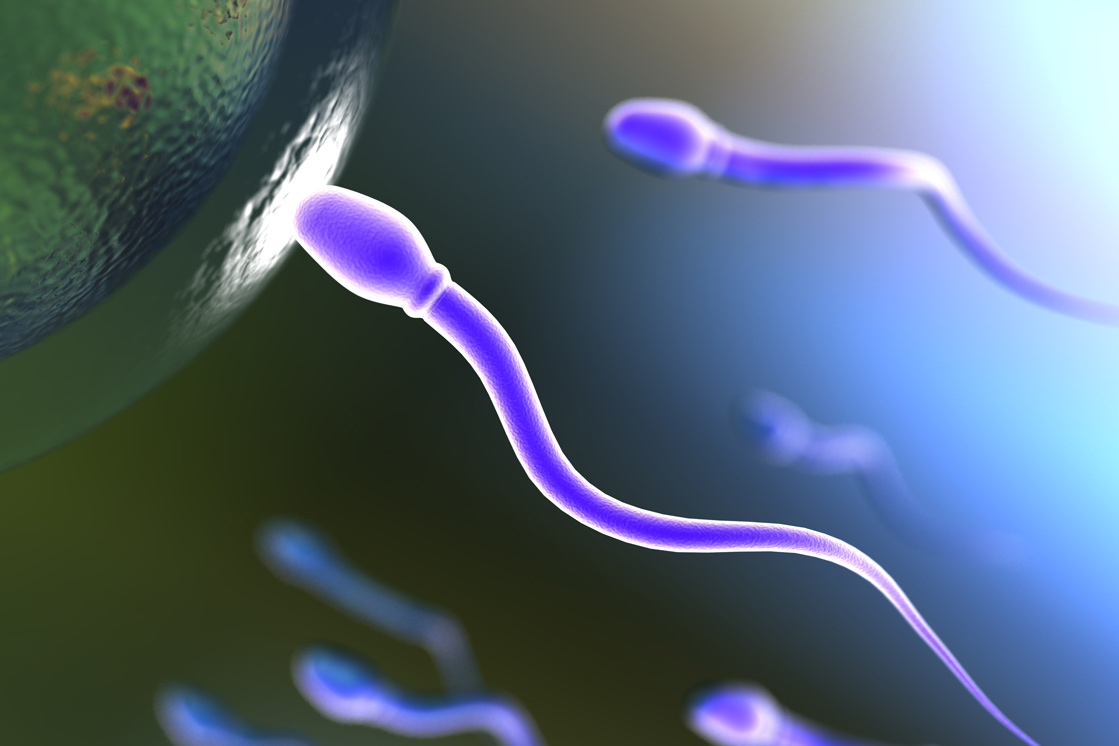If you are thinking of or trying to start a family, you’ll want the best possible start.
We take a look at fertility myths and facts and ask Dr Gorgy, Fertility Consultant here at The Fertility & Gynaecology Academy, to set the record straight.
1. Having sex in certain positions will help you get pregnant.
Fiction.
Having sex in the missionary position is often touted as the best way to get pregnant, but there’s no evidence to suggest that this is true. Just having sex is the only way to get pregnant, and the more fun and spontaneous the better. Sometimes getting too hung up on positions can make trying to conceive quite stressful, and we know that stress is damaging to fertility.
Lying down with your legs up after sex is also a no no. Dr Gorgy, says: “There is no single ‘straight line’ between the vagina and the womb. A lot of women think that if they get up and walk around after sex that gravity will somehow disturb the momentum of the sperm, but it doesn’t work like that.”
The best advice is to have fun with your partner.
2. Having a good breakfast will help you conceive.
Actually… an element of truth!
A study by Dr Oren Froy into fertility factors for women suffering with polycystic ovary syndrome found that women who ate their largest meal at breakfast, as opposed to dinner, began to ovulate more regularly and improved their fertility (apparently a hearty breakfast reduces insulin levels throughout the day)!
Dr Gorgy says: “This was a single study with a small sample, so we have to be careful about making sweeping statements. But here at The Fertility and Gynaecology Academy we know that good nutrition can be helpful for fertility, and we’d like to see more research in this area.”
However, there’s no doubt that overall diet is a contributing factor to overall health and that your reproductive system will be stronger if you carry an ideal weight and ensure that your diet is nutritious and varied.
3. Heavy lifting will have an adverse effect on your fertility.
Sorry ladies, this might be true.
It might be time to get your man into chivalry mode when it comes to lifting heavy cases/washing/children. A study by researchers at Harvard University found that women who lift heavy loads at work may experience decreased fertility. Women with jobs that involve heavy lifting, such as nurses, produced producing 14% fewer eggs which were lower quality, too.
Dr Gorgy says: “The research cannot qualify specifically why this occurs. No doubt more research is needed in this area, but in the meantime, take care of your body – not too much heavy lifting in the gym or at work if possible.”
4. Having your appendix removed could make you infertile.
Fiction.
For many years, even medics believed that having an appendectomy would harm a woman’s fallopian tubes and fertility. However, a study by University College London and Dundee University found the opposite: that pregnancy rates increased after having an appendix removed! Not only that but having tonsils removed produced the same results. This doesn’t mean that having an appendectomy will increase your chances of falling pregnant but if you’ve had one, you don’t need to worry.
5. Being on the pill too long will affect your chances of pregnancy.
Fiction.
There is no evidence for this at all. The pill will regulate your periods if you have an irregular pattern, so once you stop taking the pill your irregular periods may return. This could make working out your fertile window a bit trickier than if you have regular periods.
Trying for a baby straight away won’t be an issue, however some women prefer to wait for a cycle or two so that they know their dates accurately. Some women conceive almost immediately after coming off the pill, whilst others take longer. Fertility might be briefly reduced after stopping the pills but returns to normal usually within three months with no significant subsequent delay in conception.
Dr Gorgy says: “If you are young and have no history of fertility issues, my advice is to spend a year trying for a baby before seeking help. Some older women, or those who have experienced gynaecological issues in the past should try for six months before asking the opinion of a medical professional.”
6. You can’t have fertility problems if you’re already a parent.
Fiction.
Unfortunately, fertility declines with age. At the age of 35, 66% of women trying to get pregnant will do so in the space of a year. Past 35, this figure declines fairly rapidly. And it’s not just fertility issues with older women, men have a biological clock too!
Dr Gorgy comments: “It is true that while women are born with all the eggs they will ever have, men produce new sperm all the time. Because of this, many people believe that male fertility is untouched by age. Not true. Whether trying for a baby naturally or via assisted conception, the older a man is, the greater his chances of declining sperm count and sperm quality. These issues lower the chances of conception.”
Research has shown that older sperm is more likely to cause genetic conditions and has been linked to autism, ADHD and bipolar.
Fertility issues can strike at any age, but are more prevalent with age. The advice would be to get regular fertility checks and think carefully about family planning.
7. You don’t have to give up smoking and drinking until you find out you’re pregnant.
Not advisable.
There will always been women who get pregnant with very little (if any) planning. If you’ve been tripping the light fantastic up until this point, then you shouldn’t panic about bad habits you can’t undo. However, nicotine and alcohol are known to cause the body oxidative stress: damage caused to the cells from toxins. Oxidative stress can be linked to over 70 diseases including cancer and heart disease.
Dr Gorgy says: “If you are introducing toxins into your body, all of your body systems, including your reproductive system, will be under unnecessary strain. Being baby ‘fit’ – making sure that your body is ready and prepared for the pregnancy journey – could make it easier to conceive and ensure that your pregnancy goes as smoothly as possible. The best advice is to stop nicotine and alcohol intake once you’ve decided to start a family.”
Whether you’re just starting to think about getting pregnant or have been trying for some time, speak to Dr Gorgy to get the best possible advice and help with your fertility journey. Call our friendly team on 020 7224 1880 to book a consultation.







